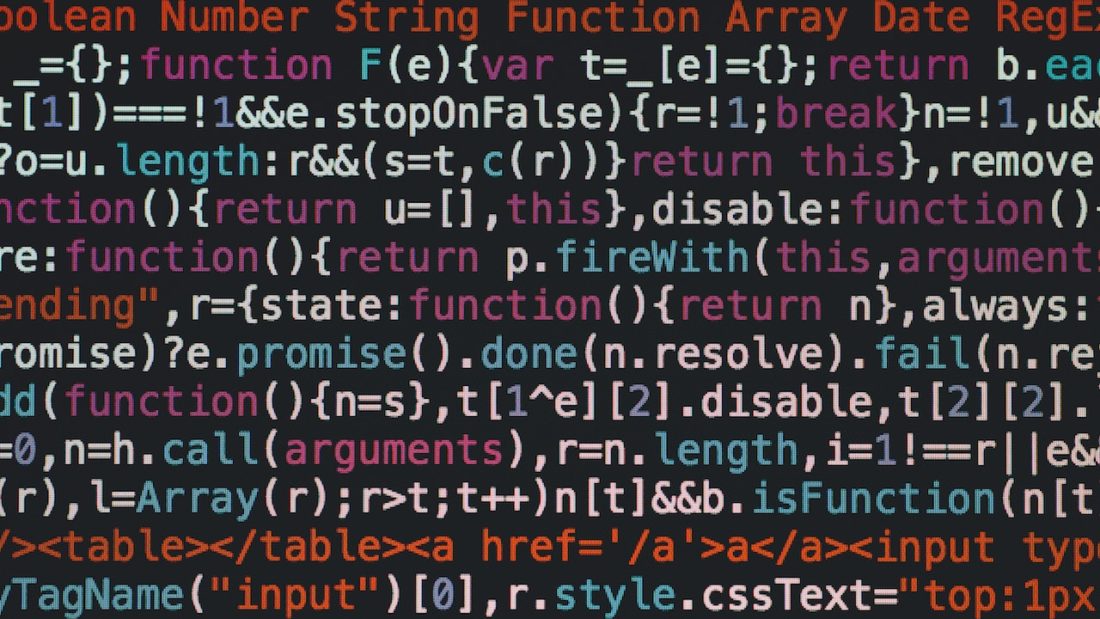With the Internet, there is no forgiveness. Thanks to modern digital technology, your mistakes now last forever. Any dumb thing you have displayed or said on the Internet can be brought up at any time in your life and be used to end your career or ruin your reputation.
More alarmingly, it is not just what you have said in some distant adolescent past that can ruin you. It’s what malicious keyboard warriors can say about you whilst hiding from accountability behind a silicon chip. Not only can there be no forgiveness on the Internet, there can be no justice either.
It is somewhat concerning that this vile behaviour is not just perpetrated by malicious individuals, it can also be perpetrated by the media. Their comments about people also live on forever, thanks to Google.
At some stage in the last two decades, a significant section of the media have succumbed to two cardinal sins in their hunger for sales. First: they’ve allowed sensationalism to replace substance. Second: they’ve allowed opinion to replaced reporting.
I have a friend who was a senior editor of a major newspaper. He is now retired. I asked him what changes he’d seen in the media over the span of his career. He answered without hesitation and spoke of his frustration in recent years at having to remind his reporters to give him facts not opinions.
The press quite rightly want to insist on press freedom. I agree. Press freedom is a vital pillar of democracy. However, when the press no longer give the facts but engage in unjust sensationalist reporting, we have a problem. And when the press become self-appointed cultural opinion leaders who seek to lead society to some sort of “woke” Nirvana, someone needs to point out to them that this is not what they have been given the freedom to do. They are, in fact, engaging in propaganda, which is a constraint on freedom.
The media is increasingly seen to be generating news rather than reporting it. Typical of this was Waleed Aly, a TV host, choosing to air what appeared to be a crushing “put down” of the Australian Prime Minister, Scott Morrison by a female volunteer fire-fighter, who said, “You’re not my Prime Minister.”[1] In reality, Ali had aired an “edited” piece of film in which the woman was explaining she was volunteering to help Australian fire-fighters, even though she was a UK citizen. This prompts the question: Who will protect us from the media?
The behaviour of the media springs from its culture.
It is alarming that our major federally funded news organisation, the ABC has been allowed to develop such a defined culture that, notwithstanding expensive self-promoting advertising aimed at persuading us that it represents all Australians, it has become the butt of a good number of jokes—some very funny. It is certainly difficult to imagine anyone getting a job in the ABC who doesn’t ape its culture. Over time, of course, this has meant that its culture has become further entrenched and even more alienated from mainstream society. Sometimes it takes a shock election result to remind them how far they have strayed from the norm. But the shock doesn’t last for long. Nothing much has changed in the last two decades.
There is a pervading arrogance of those in the media who seek to lead the nation in their relentless pursuit of social agendas. They seem to have become today’s self-appointed “Gnostic priests” possessed of secret wisdom the rest of us don’t have. We are simply “useful idiots,” (to borrow a term used by Communist leaders to describe non-Communists during the cold war).
The deification of self (a heritage of the Enlightenment) and the scorning of Christianity is a culture fostered particularly by the humanities departments of our universities. These, of course, have provided most of our media personnel.
It is a wonder to me that much sense comes from the warring interests of competing minority groups at our universities. The university culture that currently exists seems united in only two things: the denigration of Western civilisation and the ridicule of Christianity. As such, the path they point to for humanity’s future looks both bleak and poorly defined. Very little thought seems to have been given to what the origins of humanity are; what our meaning is; what the basis of morality is; and what destiny we can hope for. Our humanities departments seem unable to teach anything other than a resentment philosophy that leaves people floundering in a sea of self-obsessed meaninglessness.
But I digress.
Do be wise when it comes to the Internet. It offers no forgiveness.
God, on the other hand…
[1] See reports from the 24thof December, 2019.


